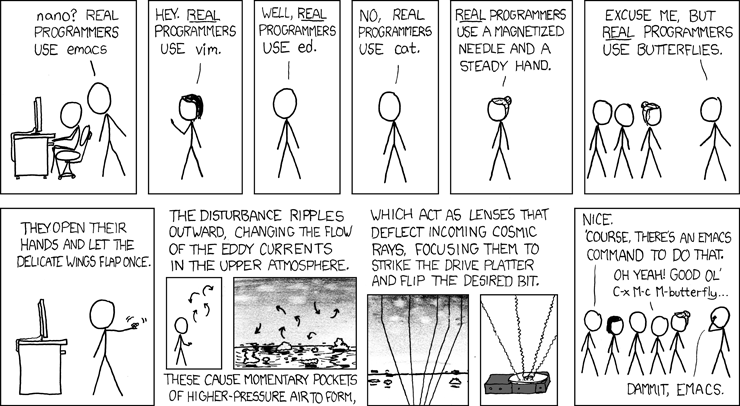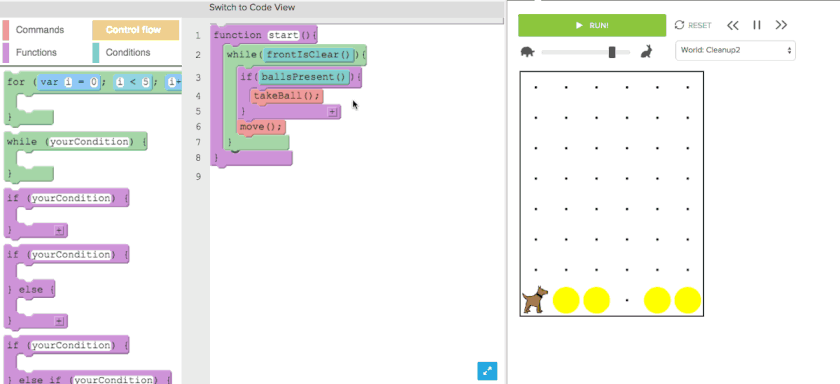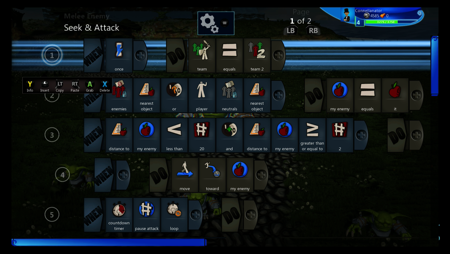Real-world motivation
I have a neutral opinion on visual programming. I have dabbled in it and decided that I am not interested. But. It is simply a tool.
Tools are complicated to motivate. Just enter any room of programmers and give them the exercise to, once and for all, decide on whether vi or Emacs is better. You might as well ask them to choose the new Pope...
On the other hand, in my opinion, an intelligent person (which your pupils certainly are!) does not need to actually be fond of or deeply knowledgeable of a tool to appreciate its merits. In the same vein as being able to learn about war and famine (which are decidedly not fun), they should be able to learn about Visual Programming even if you do not find a "fun" exercise for it.
So, you can easily teach them that there is a place for almost every tool. Visual Programming has its place in certain niches (depending on viewpoint, obviously) where you just do not need the expressive power of a general programming language. For example, if you are into Business Process Management, you can achieve a lot with visual programming. If you are using one of the game engines which focus on higher level creation, the same is true. A program like Blender can go far with a very domain-specific visual "programming" for what it does (physics simulation and so on). CAD/CAM systems are largely "programmed" with very, very domain specific visual tools.
Pick a few nice examples, and maybe you find some open source / free visual programming environments where they just play around, as a bonus. Even if they never touch them again, they will at least know that such things exist, and they may appreciate that somebody out there (who, likely, would never "program" anything at all, if they couldn't do it visually) puts them to good use.
"Convince"?
Try not to convince them. Show them what is real, what exists, and that in itself should be convincing enough.
This might sound like nitpicking, but in the business world, if people start to try to "convince" someone of something, then it's usually a red flag. I prefer if they show me that something so I can understand and appreciate (or deny) it myself.


